"They were all Berkeley High students who, as part of an event, carefully organized by the school’s Black Student Union, had walked off their downtown campus at 2:30 p.m., skipping the last class of the day, in order to make their voices heard in the uproar over the recent police-related deaths of young black men." - from Berkeleyside, December 11, 2014
How do we change our society? What has been effective in the past? Here are a few books to consider. Find more books about African American youth.
Race to Incarcerate: a graphic retelling by Sabrina Jones and Marc Mauer
An indictment of the United States justice system first published in 1999 by Mauer, who works with The Sentencing Project.
When teenagers scuffle during a basketball game, they are typically benched. But when Will got into it on the court, he and his rival were sprayed in the face at close range by a chemical similar to Mace, denied a shower for twenty-four hours, and then locked in solitary confinement for a month. One in three American children will be arrested by the time they are twenty-three, and many will spend time locked inside horrific detention centers that defy everything we know about how to rehabilitate young offenders. In a clear-eyed indictment of the juvenile justice system run amok, award-winning journalist Nell Bernstein shows that there is no right way to lock up a child.
The nearly 150 images in this book were made over 5 years of visiting more than 1,000 youth confined in more than 200 juvenile detention institutions in 31 states.
Chronicles Lewis' lifelong struggle -- from an Alabama sharecropper's farm to a segregated schoolroom to the 1963 March on Washington to the halls of Congress -- for civil rights and justice. March Book 2 available in January 2015.
As the civil rights struggle heats up in 1967 Texas, two families--one white, one black--find common ground. The white family, from a notoriously racist eighborhood in the suburbs, and the black family, from its poorest ward, cross Houston's color line to win the freedom of five black college students unjustly charged with the murder of a policeman.
The African-American Criminal Justice Survival Guide

